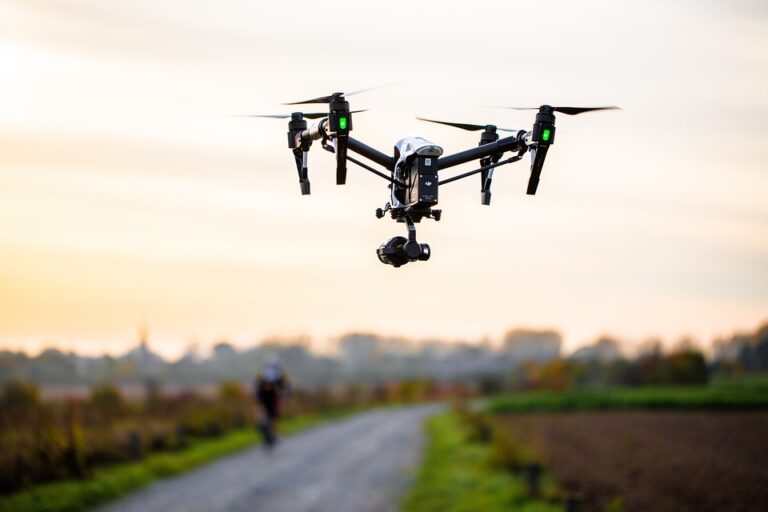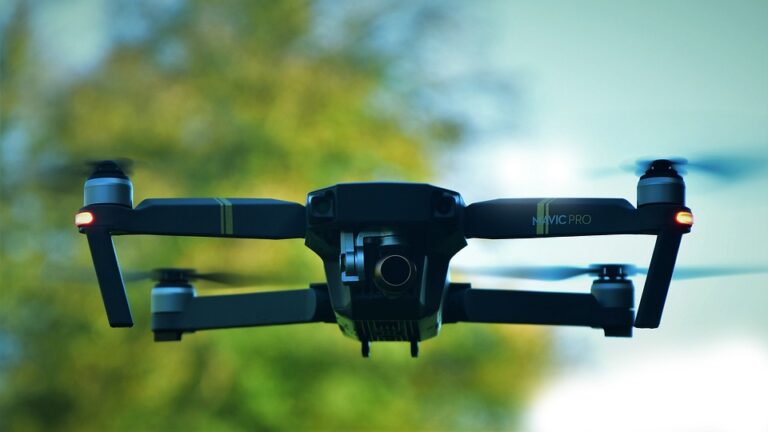Smart Home, Smarter Living: Exploring the Latest Innovations in Home Automation Technology
In today’s fast-paced world, technology continues to revolutionize the way we live our lives. One area that has seen significant advancements is home automation technology, often referred to as the “smart home.” With an increasing number of devices and systems being interconnected, homeowners now have the ability to control and monitor various aspects of their homes remotely, enhancing convenience, comfort, and security. Let’s explore some of the latest innovations in home automation technology and how they are shaping the way we live.
One of the most prominent innovations in home automation is voice control. Thanks to virtual assistants like Amazon Echo’s Alexa, Google Assistant, and Apple’s Siri, homeowners can now control their smart home devices using simple voice commands. From adjusting the thermostat and turning off lights to playing music and answering questions, voice control has made it easier than ever to interact with your home. This technology has become so advanced that it can even recognize individual voices, allowing for personalized experiences for each member of the household.
Another exciting development in home automation technology is the integration of artificial intelligence (AI) and machine learning. These technologies enable smart home systems to learn from homeowners’ behaviors and preferences, making the automation more intuitive and efficient over time. For example, a smart thermostat can learn your temperature preferences and adjust itself accordingly, saving energy and optimizing comfort. AI-powered security systems can recognize familiar faces and alert homeowners if an unfamiliar person is detected. These advancements not only enhance convenience but also contribute to energy efficiency and home security.
Home automation technology has also extended its reach to outdoor spaces. Smart irrigation systems can now monitor weather conditions and adjust watering schedules accordingly, ensuring efficient water usage. Outdoor lighting systems can be programmed to turn on and off at specific times, providing enhanced security and ambiance. Additionally, robotic lawnmowers have emerged as a popular feature, autonomously maintaining the lawn, saving homeowners time and effort.
The concept of a connected home extends beyond individual devices. Smart home hubs, such as Samsung’s SmartThings and Google Nest Hub, act as a central control center for all smart devices in the home. These hubs enable homeowners to monitor and manage multiple devices from a single interface, providing a seamless and integrated experience. This allows for greater customization and control over the entire smart home ecosystem.
Furthermore, the Internet of Things (IoT) has played a significant role in the evolution of smart homes. IoT refers to the network of physical objects embedded with sensors, software, and connectivity, allowing them to collect and exchange data. In a smart home context, IoT enables devices to communicate with each other, creating a unified and responsive environment. For example, a smart refrigerator can automatically order groceries when supplies are running low, or a smart home security system can notify homeowners on their smartphones if an unusual activity occurs.
As home automation technology continues to advance, concerns regarding privacy and security have emerged. With more devices connected to the internet, there is an increased risk of cyber threats. However, manufacturers and service providers are taking steps to address these concerns, implementing robust security measures and encryption protocols to protect user data.
In conclusion, home automation technology continues to transform the way we live, offering unparalleled convenience, comfort, and security. Voice control, AI, machine learning, outdoor automation, smart home hubs, and IoT have all contributed to creating a connected and responsive smart home ecosystem. While there are still challenges to overcome in terms of privacy and security, the benefits of smart home technology are undeniable. As we embrace these innovations, our homes become smarter, leading to a more efficient and enjoyable way of living.




